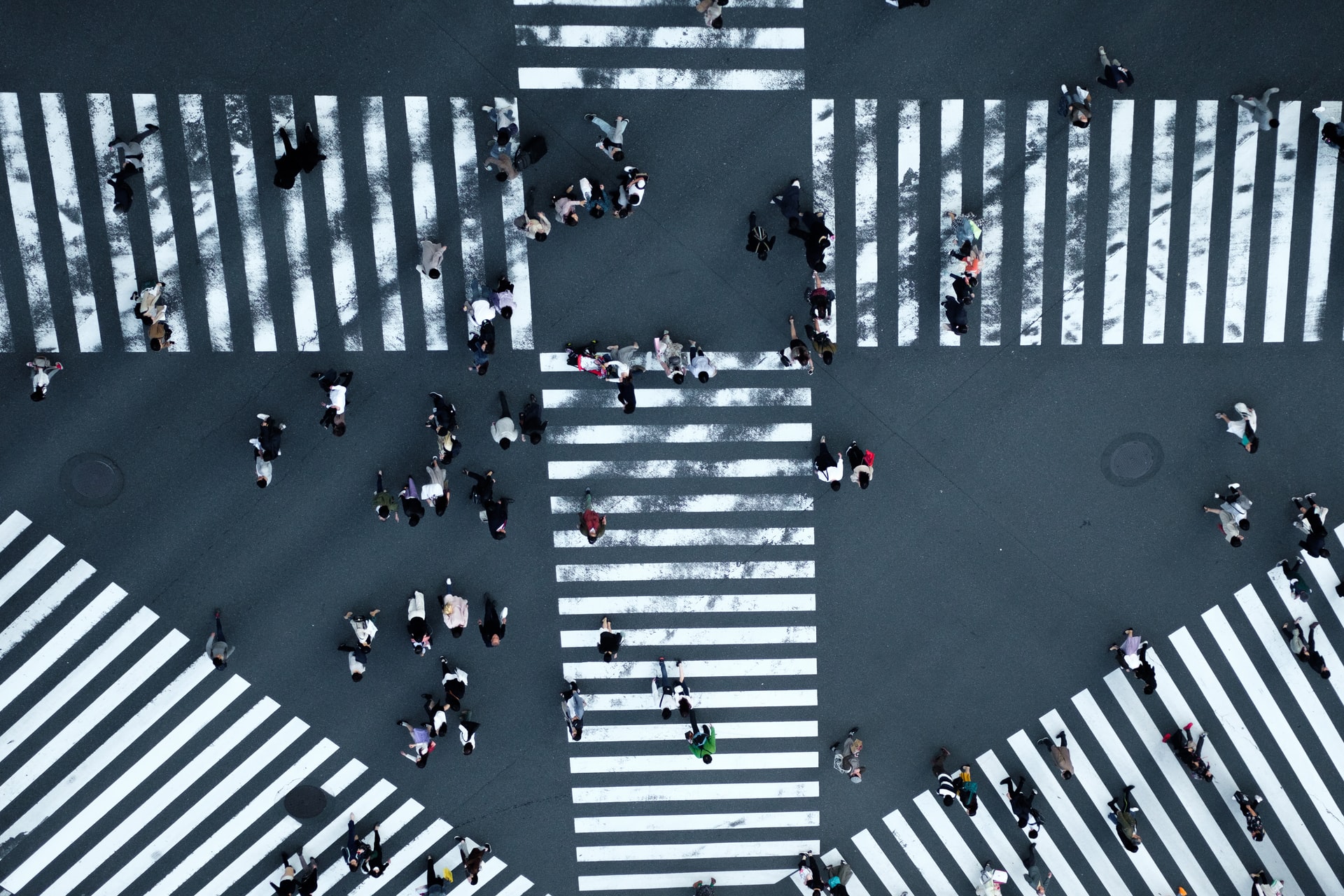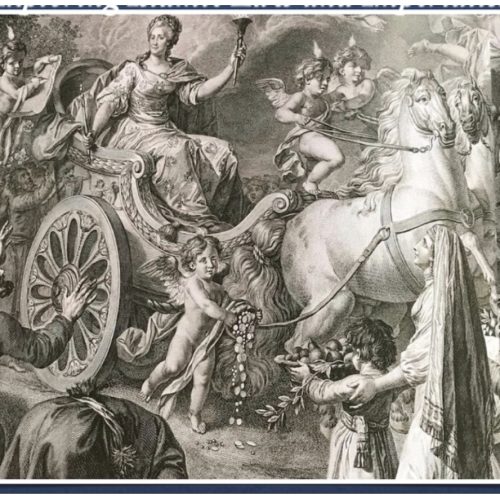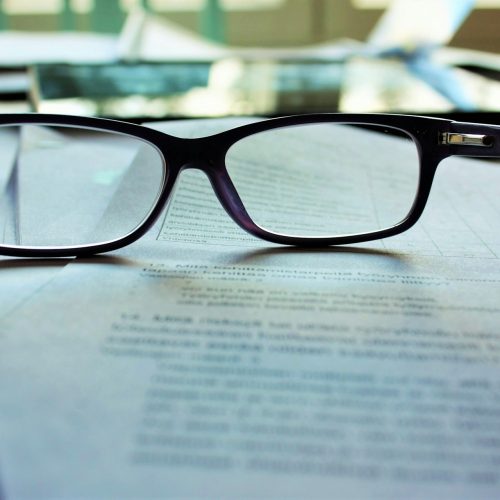
On the evening of June 6, 2021, 20-year old Nathanial Veltman decided to maim, murder, and erase from existence, a family of Muslims out on a daily walk, simply because they were Muslim. According to media reports, he got in his car and mowed them over, mounting the curb as the family stood at an intersection. In that one act, Salman Afzaal (46), Madiha Salman (44), Yumna Salman (15) and Salman’s mother aged 74 were killed. Only one member of the family, who sustained considerable injuries, has survived the attack: the nine-year old Fayez Salman. Police believe the attack was intentional. Det. Supt. Paul Waight explained “There is evidence that this was a planned, premeditated act motivated by hate. It is believed that these victims were targeted because they were Muslim.”
Within a day, we find the familiar responses pouring in from all sectors, across social media platforms and others. Prime Minister Justin Trudeau tweeted his horror at the events. Opposition leader Erin O’Toole was equally shocked. Government officials were quick to label this an act of terror that has no place in Canada.
These initial reactions are of course what one would hope for from elected officials. They set out a vision of leadership that is future-oriented. But for those of us who devote our lives to advanced research, we also know that there is no present or future without a past; and that past has something to tell us about how we got here today. That past includes a long history of official license to erase difference in our midst. Just last week we learned of a mass grave of 215 indigenous children buried without notice to their loved ones, those who knew and could tell their stories. Erased. Today we mourn the loss of four members of our Canadian community, killed yesterday in London, Ontario. Erased. A nine-year old boy lies in hospital having to contend with the stories that he will not learn, that he will not get to pass down. Erased.
For some, it will stretch the imagination to suggest that the act of one person in London, Ontario speaks to a larger, more pernicious state of bias, discrimination, and violence across our various institutions. But we cannot ignore how personal attitudes of bias, discrimination, and outright hate take cover under, if not emerge from, the shadow of public policies that pass as legitimate government activity. Quebec’s use of the Notwithstanding clause to deny access to a small segment of its population—mostly covered Muslim women, but also other racialized minority women—suffers from a bias and discrimination that erase their humanity. Even the Quebec Superior Court, which heard a challenge to the legislation, recognized it created “a cruel consequence which dehumanizes those targeted.” Quebec is not alone in proliferating this erasure of humanity. Canada’s archival institutions, which steward Canadians’ contributions to Canadian heritage, offer little account of the generations of Canadian Muslims who have helped shape the nation coast-to-coast. Canada’s data landscape does not offer regular visibility of Muslims and the challenges they face, making them relatively invisible to democratic policy making. This absence or erasure coexists with partisan politics designed to capture the electorate by feeding them highly racist ideas of the threatening Muslim. These political ploys have led to overt federal policies that stereotype Muslims and their civil society organizations as somehow uniquely prone to radicalization and terrorism.
For now, we mourn the loss of those 215 children in a Kamloops mass grave, and sit in vigils this week for the four family members heartlessly killed yesterday. But tomorrow and for the days, weeks, and years thereafter, the IIS will continue to locate these horrific acts of erasure (and the ones yet to come) in a broader context in which all of us have roles to play. When acts of erasure emerge from an absence of understanding, we stand committed to deepening our knowledge of the ways biases, discrimination, and prejudices take shape. It’s this work that can help move us to a society where acts of erasure no longer exist, and where every individual is respected for the indelible mark they make on our society.




